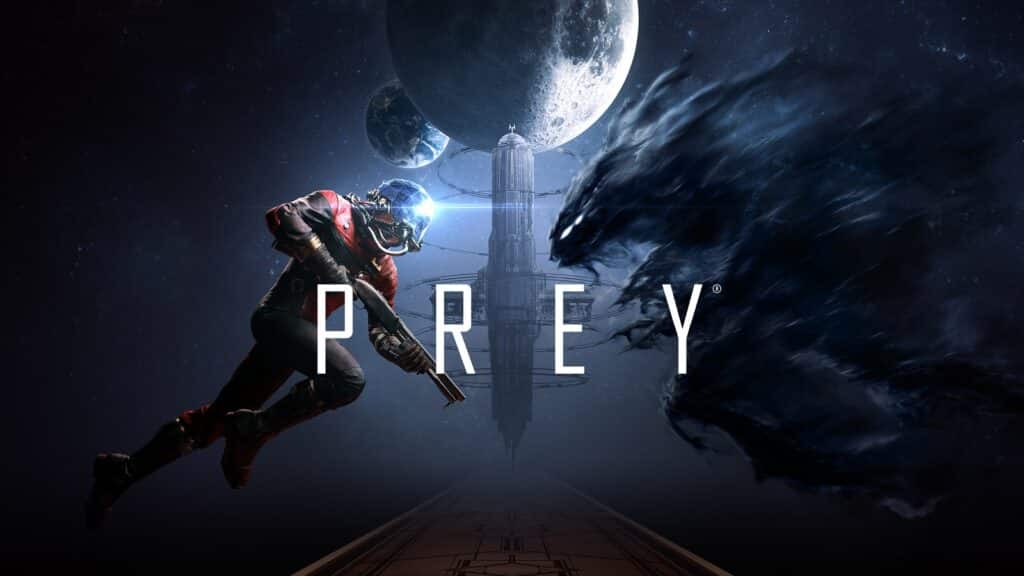The internet is going wildfire in the gaming community. With Arkane Studios’ reboot of Prey came stumbling on IGN’s own Dan Stapleton giving the sci-fi horror with a 4 out of 10 initially, IGN made changes on the score just recently to an 8 out of 10. People were aggravated with Dan’s review because of a save file glitch and crashes that weren’t widespread across all who bought Bethesda’s new IP. So I guess it’s now time to tell Bethesda, shit happens when you impose a new policy for review copies.
PC Gamer stated that Prey performed better than Dishonored 2 on PC. We all know that PC is a complex platform. With too many types of hardware ranging from the graphics card to the processors, optimization can be difficult for developers compared on consoles. Now, with this fiasco on a review score again, what does this mean for Metacritic?
The score wouldn’t change. If you’ve followed an event wherein GameSpot’s freelancer gave Natural Selection 2 a pretty low score because of an inaccurate critique, they had the game re-reviewed by a staff member and reached out to Marc Doyle, owner of Metacritic, to update the score because it was horribly reviewed. And the answer by Marc? A big “no”. In the history of publishers influencing review scores, it led Marc to decide whenever a score is already up on Metacritic, then it’s forever stapled on the product – whether or not the investigation and proof are true.
But we’re not here to actually discuss about scores and Metacritic. It’s about Bethesda’s new review copies policy. Last year, on October 25, 2016, Bethesda’s Associate Director, Gary Steinman (former PC Gamer’s Editor-in-Chief), announced on their official website that they will no longer be giving out pre-release review copies to media outlets. The statement said that Bethesda will be sending over copies a day before launch – which doesn’t give a whole lot of time for publications to put out a review before launch. This shows how Bethesda is overly confident about their IPs’ success, and that they initially started this with release of DOOM.
If we want to understand it in a business perspective, given Bethesda’s reputation of success, consumers are still bound to buy their game whether or not they read or watched a review of it. In the media’s perspective, it does give a lot of negative impact to their daily jobs as critics to give out informative detail, criticism, and a guide to people who wants to invest wisely. Dan Stapleton, the same person who reviewed the recently released Prey, responded to Bethesda’s new policy in the same month of October 2016. He stated that it’s “damaging – for informed gamers, for game criticism in general, and even for Bethesda”. He added “we’re in a fortunate position where we’re able to resist the rush and hold our final review scores until we feel they’re ready.”
I agree on Dan’s point about timely reviews and how it also damages informed gamers and game criticism. A big example of that is his initial review of Prey. I understand his stance of the save file glitch and crashes, but he failed to investigate further and hold of his conclusion and score. However, some of you might think that he’s salty about this new policy and that it affected his conclusion about the game, but in all my defense, it didn’t. Bethesda’s new policy makes it difficult for critics to give out a well-polished piece without rushing as the reviews become slowly irrelevant when days pass by after a game’s launch. As a result, this happened: IGN’s review gets a lot of negative feedback from the community, and eventually forced to take a look back into Prey again for one last time. If Bethesda opted this policy out, it would have also given IGN more time to review (and investigate) and also give a solid and concrete score for Prey.
Even until now, we don’t see Destructoid’s (the only publication I trust aside from Jimquisition) final say about Prey. And our own reviewer is also taking his time to give out a full and in-depth review (disclosure: Bethesda sent us a copy). It takes a lot of time and effort to craft a decent review, it may not be perfect but at least it’s informative. If Bethesda relies on Metacritic, then they should know that IGN’s 4 out of 10 will not be removed in any circumstances; they might need to consider changing their policy, or if they don’t really care about Metacritic then Bethesda’s policy can stay.






